Margaret Schmidt
AP French 🇫🇷
52 resourcesSee Units
Unit 2 Overview
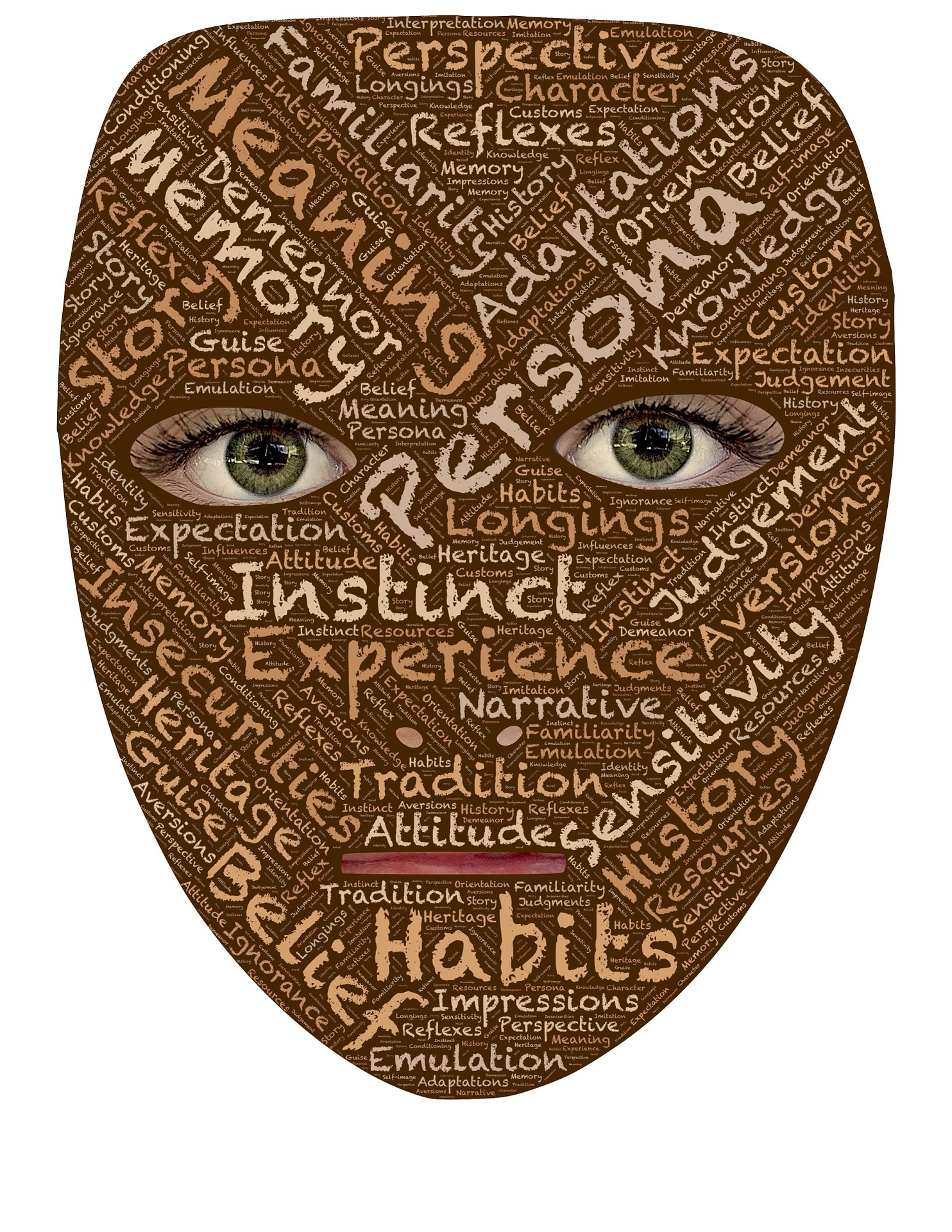
Image courtesy of pixabay.com.
Qui suis-je? Who am I? 🤔 Unit 2 takes a deep dive into aspects of personal and public identity by analyzing the influences that language and culture have on forming one's identity. The guiding questions for this unit are:
- 2.1. How does one’s identity evolve over time? / En quoi l’identité évolue-telle au fil du temps?
- 2.2 How does language shape our cultural identity? / En quoi la langue forme-t-elle notre identité culturelle?
- 2.3 How does technology influence the development of personal and public identity? / En quoi la technologie influence-t-elle le développement de l’identité personnelle et publique?
- 2.4 How does the art of a community reflect its public identity? / En quoi l’art d’une communauté reflète-t-il son identité publique?
2.1: Personal Identity
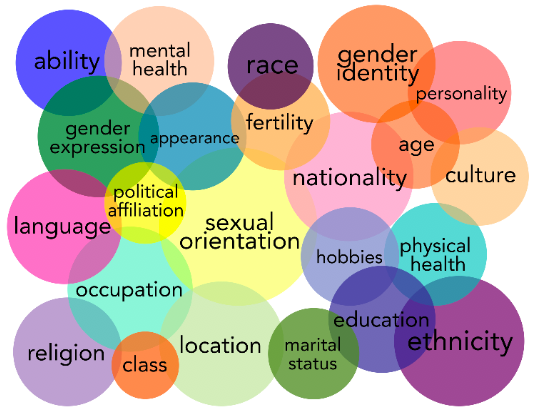
Image courtesy of imagesofintersectionality
2.1 How does one’s identity evolve over time? En quoi l’identité évolue-t-elle au fil du temps?
Qui suis-je? Who am I? 🤔 You've probably been asked to address this question since you started learning French! That's because learning to describe our personality, express our likes & preferences, and articulate our opinions is a natural part of language learning. As you get older, and as your language skills develop, you're able to expand on these topics in greater depth 🤓 in AP French, you're asked to describe, express, and articulate with more detail, using a wide range of vocabulary and more complex language and sentence structures. Trying to figure out who you are and how your identity changes over time is a process, and so is being able to express this all in French! Below you'll find resources to help you get there. 💯
C'est quoi, l'identité, au fond? (What is identity, anyway?) 🤔 Here's an excellent explanation from Oprah's buddy, Stedman Graham, as quoted in Elle Quebec 🇨🇦 Practice articulating your own description of identity in French 🇨🇵
"C’est tout simplement l’ensemble de vos forces, de vos passions, de vos valeurs, de vos croyances et de vos aspirations–lesquelles font de vous un être unique. Contrairement à ce qu’on croit, votre identité ne se limite pas à vos origines, à votre milieu social, à votre sexe, à votre âge, à votre apparence physique ou à vos biens matériels. C’est la perception intime que vous avez de vous-même, au-delà de ce que les autres pensent de vous." (Stedman Graham cité dans www.ellequebec.com)
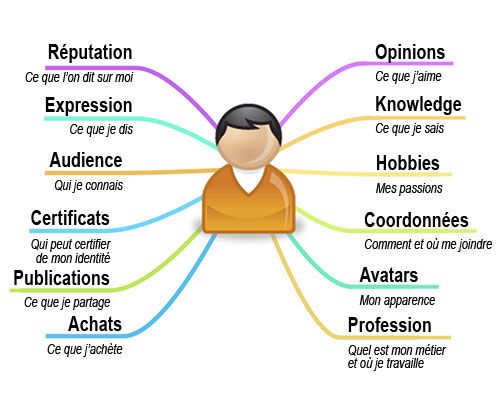
Image courtesy of tes
Pronouns and identity: sexism & the French language 😠
For non-binary individuals, the French language is very limiting. While languages are living entities that evolve over time, we know that change does come slowly because old habits are hard to break! Vincent Mousseau, an activist in Ontario, Canada 🇨🇦 shares this perspective:
Vincent Mousseau explique la « non-binarité », parle d’identité et des défis que la langue française pose quotidiennement aux gens qui ne se considèrent ni homme, ni femme. “ La langue influence la manière dont on voit le monde et dans une société francophone on va avoir plus de difficulté qu’en anglais.” (from radio-canada.ca)
Remember all those rules your French teacher taught you about adjectives & agreement? 🤓 Here are some possible solutions to the limits of the French language.
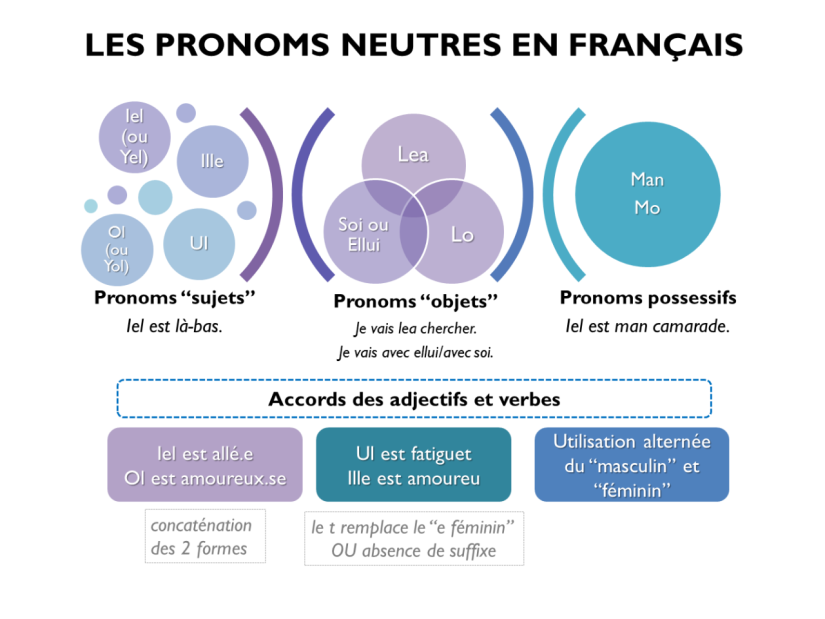
Image from entousgenresblog.wordpress
What might cause one's identity to change over time? Qu'est-ce qui pourrait provoquer des changements de son identité au fil du temp?
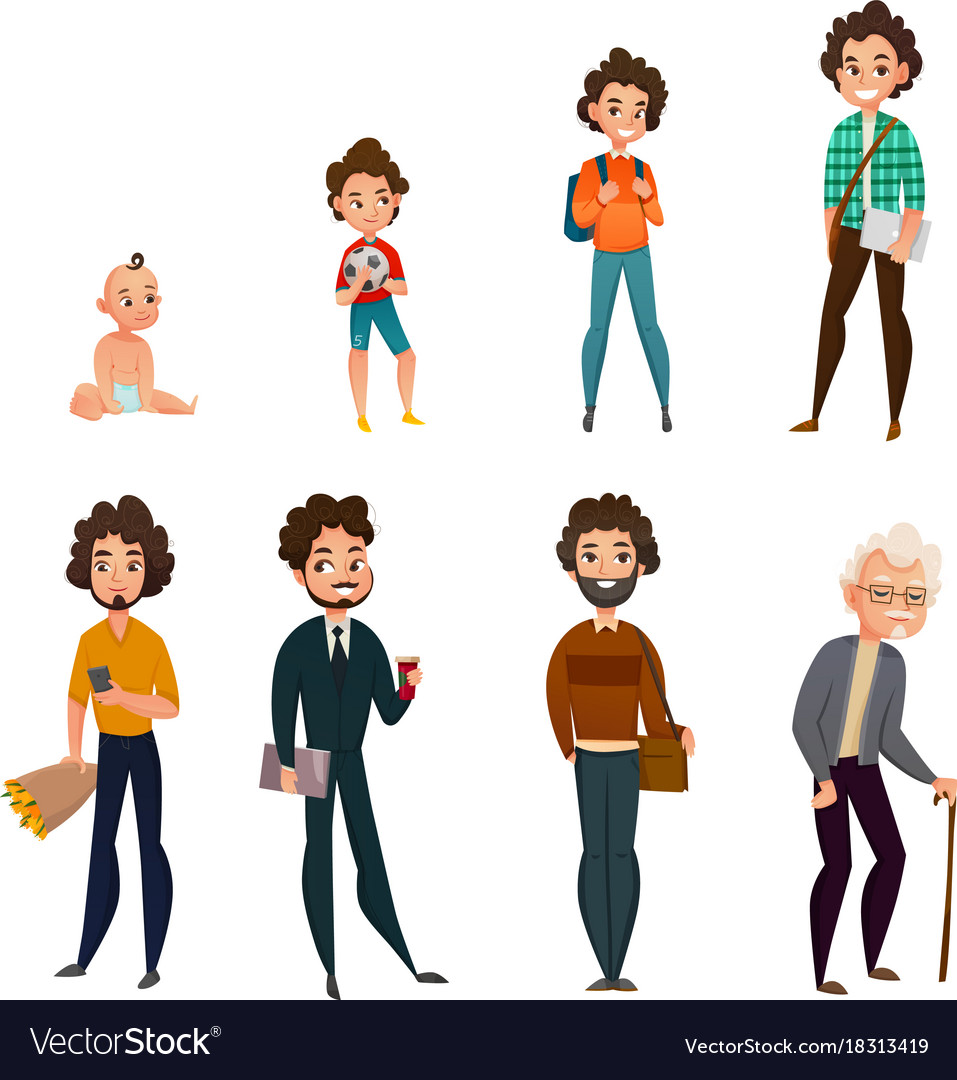
Image courtesy of vectorstock
Our identity changes and evolves as we encounter new information, experiences, and people 👥 As we grow through childhood and adolescence into adulthood, we explore what we learned growing up against new evidence. Learning a new language 🇨🇵, interacting with people from other parts of the world 🌍, university studies 👩🏽🎓, and travel ✈️ are experiences that influence our identity. The text below provides some insight and language to help you articulate your ideas in French.
La quête d'identité des adolescents (The adolescent search for identity) (from lapresse.ca 🇨🇦)
"Durant l'enfance, l'identité de l'enfant est en quelque sorte fusionnée à celle de ses parents, qu'il n'a pas encore remis en question. À ses yeux, ses parents sont des héros, et il aspire devenir comme eux quand il sera grand. Puis, à l'adolescence, il se rend compte que ses parents sont des êtres humains, qu'ils ne sont pas parfaits et qu'il serait peut-être intéressant de devenir différent d'eux...mais comment? C'est alors que s'ouvrent une infinité de possibilités devant l'adolescent. C'est l'une des tâches développementales les plus importantes dans la vie d'un être humain : trouver notre identité et finir par savoir qui nous sommes!"
Strive for Five Vocab 🔑 🔑 🔑
- remettre en question (to question, to put into question)
- évoluer (to evolve)
- se rendre compte de quelque chose (to realise, to come to understand)
- s’assimiler (to assimilate); s’adapter (to adapt oneself to) s’habituer (to get used to)
- se conformer (to conform to); le conformisme ~ la conformité
- conserver ou maintenir (to conserve or maintain) son identité
Browse Study Guides By Unit
👨👩👧Unit 1 – Families in French-Speaking Countries
🗣Unit 2 – Language & Culture in French-Speaking Countries
🎨Unit 3 – Beauty & Art in French-Speaking Countries
🔬Unit 4 – Science & Technology in French-Speaking Countries
🏠Unit 5: Factors That Impact the Quality of Life
🌪Unit 6 – Challenges in French-Speaking Countries
✍️Exam Skills - FRQ/MCQ

Fiveable
Resources
© 2023 Fiveable Inc. All rights reserved.